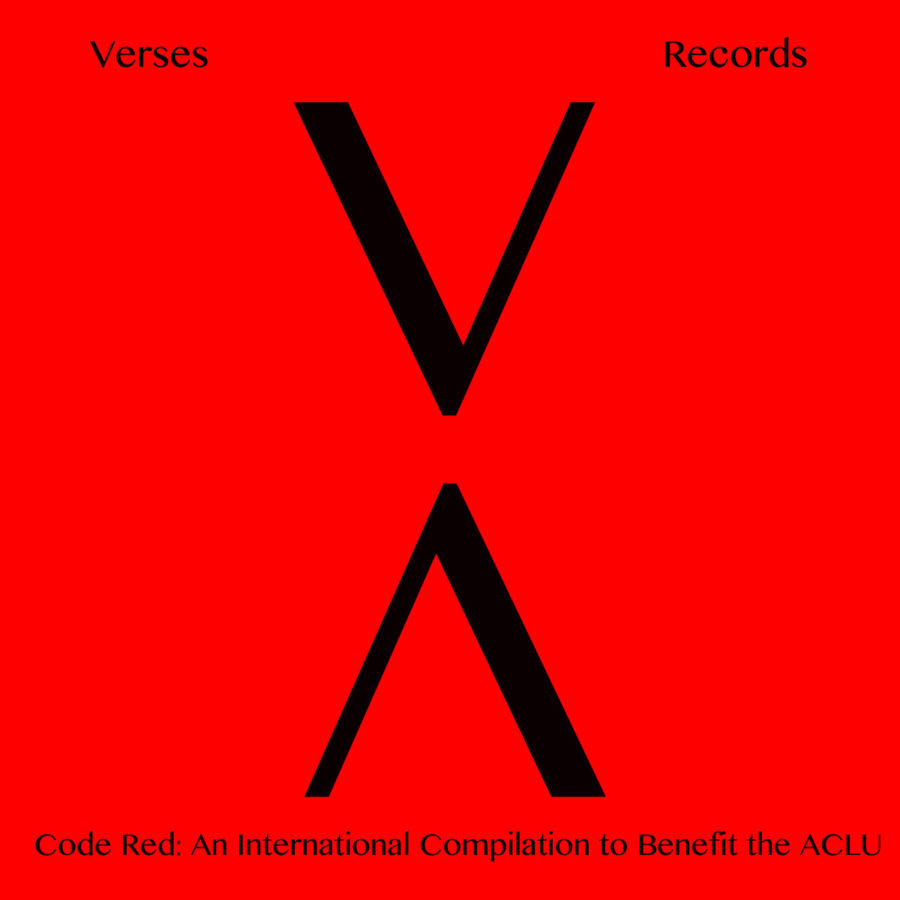For many in the progressive nation’s capital, Donald Trump’s election to the White House represented a call to action. Count the founders of D.C.-area label Verses Records among the first to respond.
Last week, the local imprint released a compilation called Code Red (listen below) that they say will benefit the American Civil Liberties Union. And it isn’t just a statement against Trump, says label co-founder Douglas Kallmeyer. The compilation hits back against corruption in U.S. politics and the financial system.
“Financial greed has enslaved generations to unjust mortgages and student loans. People are struggling and susceptible,” says Kallmeyer. “How can we help those that will suffer the most?” Kallmeyer says the ACLU seemed like an ideal beneficiary, calling the 96-year-old organization “a nonpartisan means to try to fight corruption.”
The nonpartisan part is key. Kallmeyer blames the current political mood on both Republicans and Democrats.
“It seems that any shred of moral value on either side of the aisle is finally gone. It’s insane to me,” says the Annandale resident. “The Democratic party cut their own throats, obviously railroading Bernie Sanders and installing Hillary Clinton.”
At 40 tracks, Code Red contains a vast diversity of expressive styles. Some artists, such as violinist James Wolf, create abstract soundscapes of dissonant tones. Others, like Peoria, Illinois, singer/songwriter Sarah Schonert, take a more intimate and melodic route. But the music overwhelmingly captures a negative view of current events, dwelling on feelings of tension, instability or urgency.
Kallmeyer worked with labelmate Dave Harris to put the call for submissions across social media. They were floored by the resulting enthusiasm.
“We were willing to settle with what we could get in 10 days,” says Kallmeyer. “We had 40 committed artists from six different countries… We probably had responses doubling that.”
Kallmeyer sees a global movement in the works, and he says Verses is ready to rise to the task.
“D.C. and the surrounding area of artistic community [are] mobilizing at a steady pace to respond to the absolute corruption we face,” Kallmeyer says, “and to be heard.”


